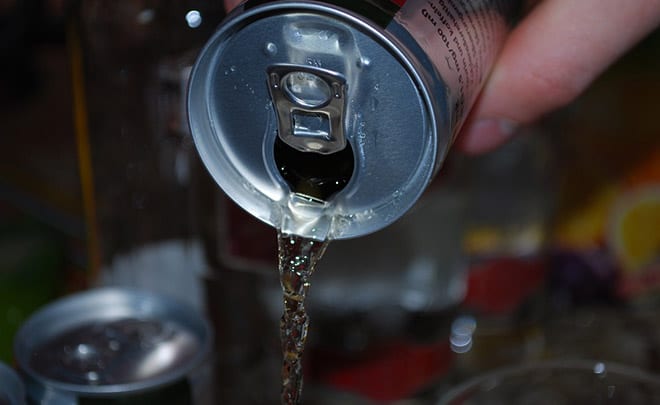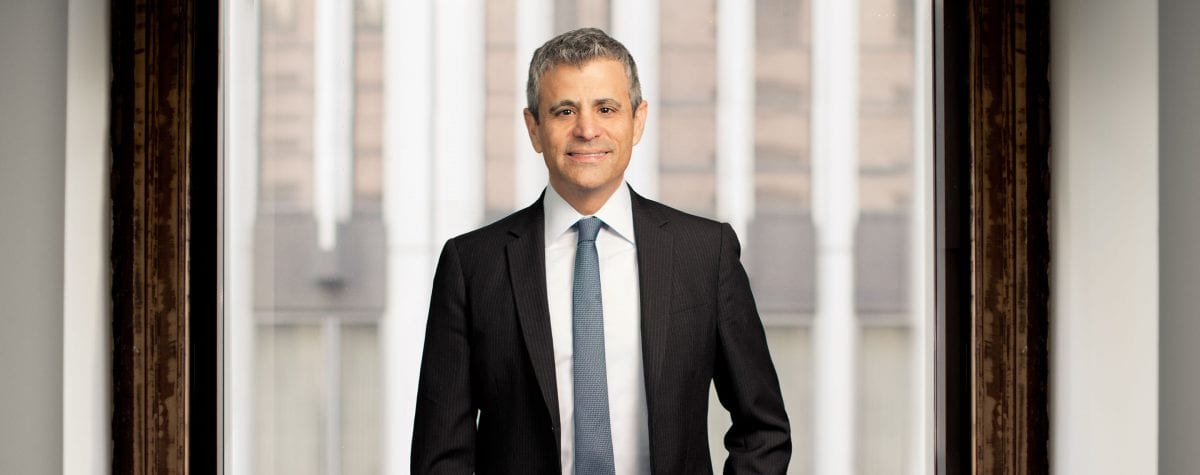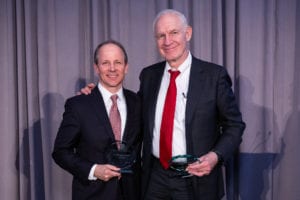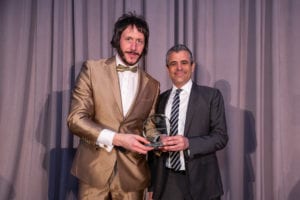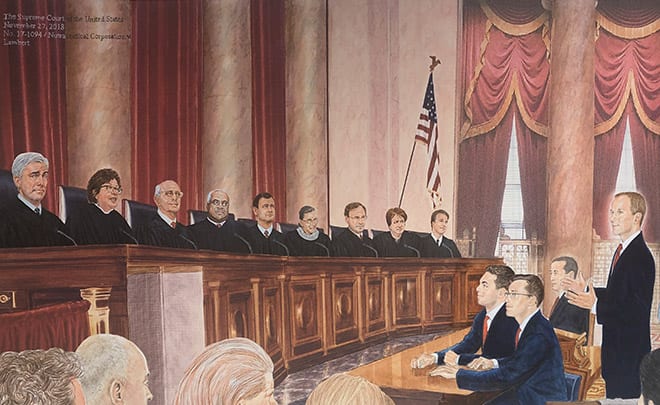“From fraudulent health claims to touting an invalid patent to outright theft, our complaint provides many documented examples of Bang’s false, misleading, anti-competitive, and improper actions,” said Monster Company spokesperson. “It is time that Bang is finally held accountable for its deception.”
As detailed in the Complaint, “fueled by flagrant consumer deception and systematic anti-competitive business practices, BANG energy drink has experienced significant market growth. Monster brings this suit to halt these practices, and hold Defendants VPX and Owoc accountable.”
As noted in the Los Angeles Times, “Monster alleged that “Bang’s main pitch to consumers” — the drink’s “super creatine” compound — “is a hoax,” and that Vital also has interfered with distribution contracts to gain in-store shelf space at Monster’s expense.”
The Hueston Hennigan team includes John Hueston, Moez Kaba, Jen Hayden, Christy Von der Ahe Rayburn, Joe Reiter, Sourabh Mishra, Michael Todisco, and Eunice Leong.
